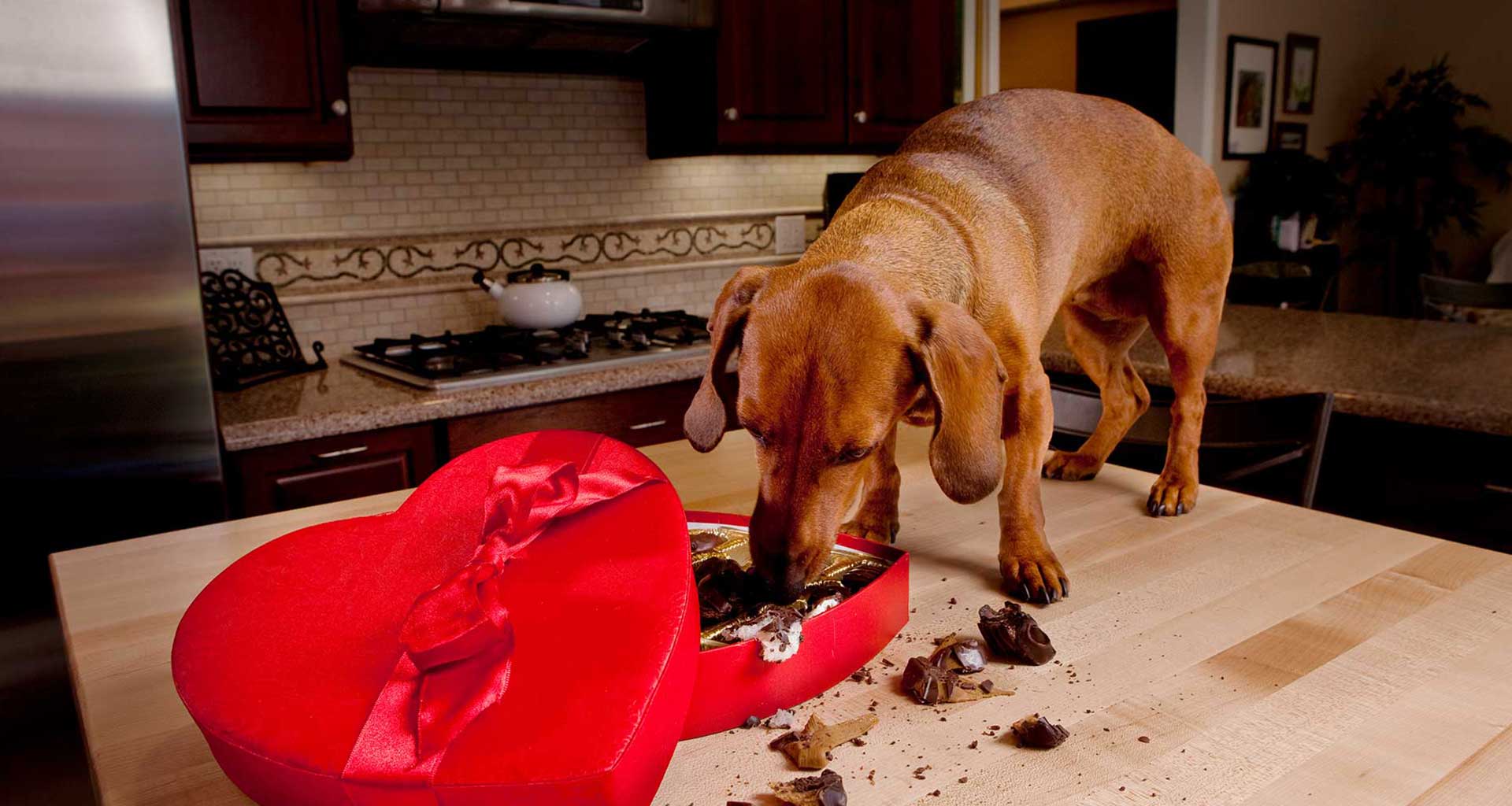The flavour, the time, the effort and above all that almost outer body experience we enjoy when that food we slaved over in the kitchen hits our tongue, are some of the best parts of cooking. What is the downside to this? When we place this edible golden treasure in front of our furry family members to share the love, and our canine companions take one sniff and walk away. That one, quick sniff. All the heartbreak. It is something we will never be able to understand. However, the behaviour our dogs show us when it comes to eating, whether it is food we have cooked or pet food we have bought, should be noted as they could be telling us that something serious is going on physically or mentally.
As pet parents, we strive to make sure our pets are satiated, and nutritional needs met. From expensive pet food to delicious family meals, we will provide them with the best of the best if it means they will eat. While we might be under the impression that we have raised a fussy eater, there could be an underlying medical condition that is stopping out pet from eating their food. If your pet has suddenly stopped eating, then before you change up their diet, it is best to make a visit to your Vet so that they can check them out. Even just choosing the best pet food for your pet and discussing the integration process, can be made easier by chatting to your Vet. Some of the medical conditions that could be reducing your pet’s appetite includes:
Hypothyroidism: This can be caused by your dog’s thyroid gland becoming under-active. Because of this, it is unable to produce enough thyroid hormone and therefore, slowing down your dog’s metabolism. Other symptoms to look out for if you suspect your dog has developed this includes skin and coat problems, lethargy, reduced appetite as well as obesity.
Gastric Ulcers: This painful condition is caused by ulcers developing in the lining of the stomach and can cause pets to go off their food as well as possibly vomiting up coffee ground looking material.
Medications: Some medications can have side effects of tummy upsets and some must be given with food to avoid complications. It is important if your pet is not eating or appears unwell, that you contact your clinic immediately for advice.
Dental Disease: Some of the symptoms you will notice in your pet if they are experiencing some pain in their mouth while eating includes reluctancy to eat, dropping food from their mouth, avoiding hard foods and bad breath.
Kidney Disease: A decrease in appetite could be caused by kidney disease.
There are a range of medical conditions that could be causing your pet to stop eating or for a change to their eating habits to develop. However, there are also factors that could be causing your pet stress and anxiety and that is why they have not been wanting to eat. This could be caused by anything from a change in environment, adjusting to life with new family members or even just a change in where they are eating. All of these factors can affect their emotions towards eating.
The first step if you notice that your pet has stopped eating would be to take them straight to the Vet. They could recommend the below to help you deal with a newly developed fussy eater:
- To make dry food easier to eat and more appealing, you can add water to it to moisten it.
- Warming the food to room temperature can help to give off stronger aromas making the food more tempting to eat.
- Adding some home-made food to bought pet food can help the transition to eating and enjoying store bought pet food.
- Don’t watch your pet eat their food as this will make them uncomfortable.
- If you have two pets, ensure they have their own bowls that are far from each other.
- It is best to not feed your dog left over food from the table.
While it is difficult to not share the love and joy that our restaurant quality cooking brings with all family members, it might be best to keep it away from our four-legged friends Their stomachs can be quite sensitive and many ingredients that we enjoy can be very toxic to our pets such as onions, garlic, grapes and chocolate to name a few. If you do notice any changes to your furry friend’s eating habits, it is best to take your pet directly to the Vet. Your Vet team will check them and provide some advice that is suited to your pet, taking into account their health requirements, breed and age.


